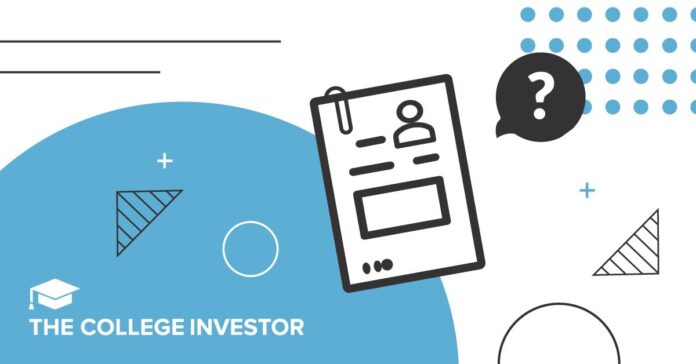Create your very own Auto Publish News/Blog Site and Earn Passive Income in Just 4 Easy Steps
If you are operating a business under a DBA (doing business as), then opening a business bank account is critical.
You can use a business bank account to separate your business transactions from your personal finances, which should make your life easier.
While the idea of opening a DBA bank account might make sense, many business owners get hung up on the steps required to creating this new account. The good news is that it’s entirely possible to have your new DBA account set up quickly. Let’s explore how it’s done.
What Is A DBA Account?
A DBA account is designed to allow business owners to open a business account to manage their business financial transactions. When you register a DBA, doing business as, it’s a different name than your business entity.
For example, you might have a business called Matt and Mary’s Ventures LLC. But you decide to operate your business as ‘Matt and Mary’s Pub,’ which would be considered a DBA, or trade name.
You can use your DBA name with your business bank account and route all of your business transactions through this account. By separating your business and personal transactions, you get a clearer picture of what’s happening with your money.
Why Do You Need A DBA Bank Account?
If you don’t separate your business and personal finances, it’s easy for things to get messy. Separate accounts allow you to more easily monitor your DBA’s finances.
In some cases, it’s possible to operate multiple DBAs within a single bank account. That’s an option if the multiple DBAs exist under a single legal entity, like an LLC. But mixing mulitple DBAs under a single account could muddy the waters.
In general, it’s best to use a DBA bank account for a single DBA. Otherwise, it’s easy for financial transactions to get confused along the way.
How to Open a DBA Bank Account?
If you decide to open a DBA bank account, here are the steps you’ll need to take:
- Explore your options: You can find a wide range of bank account options. Look closely at each one before you decide on the right fit for your situation.
- Choose your account: Once you’ve explored your options, it’s time to choose a business bank account. In general, you’ll want an account that strikes a balance between low fees and helpful perks.
- Submit an application: When opening your account, be prepared to provide your Employer Identification Number (EIN) or Social Security Number, a DBA certificate, a photo ID, and other basic information.
- Await approval: Your new account application may be approved within a few minutes or several days, depending on the bank.
Requirements for Opening a DBA Bank Account
When opening any type of bank account, you’ll need to satisfy the bank’s requirements. If you want to open a DBA bank account, you won’t be able to avoid the paperwork.
Here’s a look at some of the requirements you might encounter when opening a DBA account:
- Social Security Number or Employer Identification Number
- Photo ID
- Business articles of formation, if applicable
- A DBA certification
In general, the key document is the DBA certificate you receive from your state. The bank will likely want this paperwork before proceeding with the account opening.
Managing Your DBA Bank Account
When your DBA bank account is open, it’s time to start using it. As you navigate this new financial account, here are some best practices to keep in mind:
- Keep transactions separate: If you’ve gone through the trouble of opening a DBA account to separate your business and personal transactions, make sure you keep things separated. Don’t mix transactions between your accounts.
- Read the fine print: Many bank accounts come with hidden fees. As you manage your DBA bank account, make sure you understand any of the hidden fees attached.
- Consider a business savings account: A business checking account is an undeniably useful tool. But for some business owners, setting up a business savings account can create a buffer for upcoming expenses. For example, you could set aside the funds you need to pay your tax bill in a separate savings account.
- Monitor your expenses: Owning a business involves managing the big picture as well as the day to day finances. Use the business account to monitor your business expenses. Look for ways to optimize your business profits.
Final Thoughts
A DBA bank account can make your life easier. If you’re ready to move forward, take a look at the top business bank accounts available. You might find the perfect account to move forward with today.
Create your very own Auto Publish News/Blog Site and Earn Passive Income in Just 4 Easy Steps







